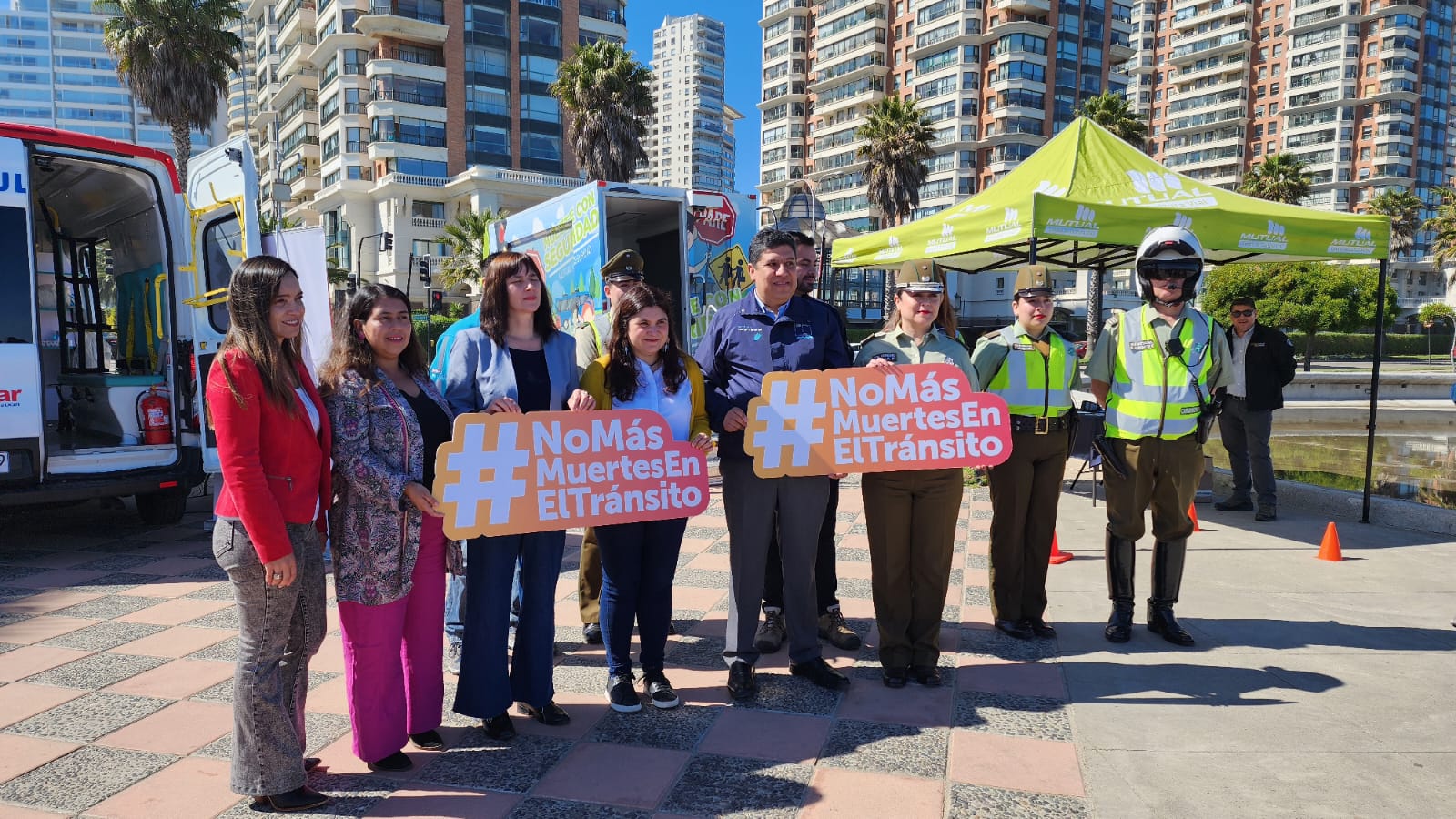
Fundación Emilia is advocating for the widespread adoption of 30 km/h zones in Chile as part of their Alliance Incubator project using the Accountability Toolkit. Their advocacy places a strong emphasis on data to inform the most effective ways to make roads safer. Its work focuses particularly on urban areas where lower speed limits can significantly enhance pedestrian safety and reduce traffic-related incidents.
Fundacion Emilia uses road safety data obtained from three government agencies via public transparency requests to pinpoint intersections where vulnerable road users, such as pedestrians and cyclists, frequently encounter crashes. The organization collects and analyzes data from three government agencies in Chile—the Carabineros de Chile, the Public Ministry, and the Health Statistics Directorate (Ministry of Health). They collect raw data on road crashes from the Carabineros de Chile, followed by criminal case details of offenders from the Public Ministry, and then health statistics on the types of injuries and health infrastructure utilized for treating victims from the Ministry of Health. Integrating the data from these three agencies enables them to present a comprehensive narrative on road safety issues that affect vulnerable road users and develop targeted evidence-based interventions.
They have discovered that crashes are more frequent near routes leading to schools, hospitals, and shopping centers, particularly during school hours on weekdays and in the late afternoon to early evening, especially on Thursdays and Fridays. Common causes identified include distracted driving and speeding.
“By systematically collecting relevant data, we can gain insights into the underlying causes of road crashes and develop targeted interventions to improve road safety. This data-driven approach allows for evidence-based decision making and the implementation of effective measures to reduce road crashes and enhance overall road safety,” says Javiera Vitar, Education Area Coordinator, Fundación Emilia, Chile.
This approach ensures that their analysis and proposed interventions are based on officially accurate and recognized information which enhances the credibility and effectiveness of their advocacy. Armed with this knowledge, Fundación Emilia is advocating for targeted safety measures and the implementation of 30 km/h zones in these high-risk areas, promoting safer urban environments for all.
The NGO is strategic with the way it presents its findings, tailoring its presentations to different stakeholders. They use social media to reach the public and detailed reports for government entities. This strategic communication ensures that the data not only informs but also persuades, leading to real changes in road safety policies. “We developed personalized communication strategies to effectively convey data-driven findings to diverse audiences. We created visually appealing infographics, interactive panels, and concise reports highlighting key insights and practical recommendations. By presenting data clearly and persuasively, we fostered greater understanding and support for road safety initiatives among decision-makers, stakeholders, and the general public,” says Javiera Vitar.
The data-driven advocacy of Fundación Emilia has also gained them access to spaces where policy decisions for road safety are made. They support the Congress as informants in discussing laws that pertain to road safety such as the CATI law which establishes an Automated Center for the Treatment of Offenses. They are also part of a working group on Chile’s National Road Safety Strategy 2021-2030.
Carolina Figueroa, President of Fundación Emilia adds that “based on our experience, it is crucial to ensure comprehensive data collection from multiple reliable sources, integrate these data and ensure their quality to enhance the credibility of advocacy efforts. Engagement with diverse stakeholders, including government agencies and communities is essential for collaboratively addressing road safety issues. Tailoring data-informed advocacy messages effectively communicates the urgency of road safety challenges to policymakers, media, and the public.”
Fundación Emilia’s effective data-gathering approach shows why intersections, which are the focus of our Mobility Snapshots campaign, are so significant for pedestrian and cyclist safety. Find out more about how to gather data for NGO advocacy using the Mobility Snapshots HERE.